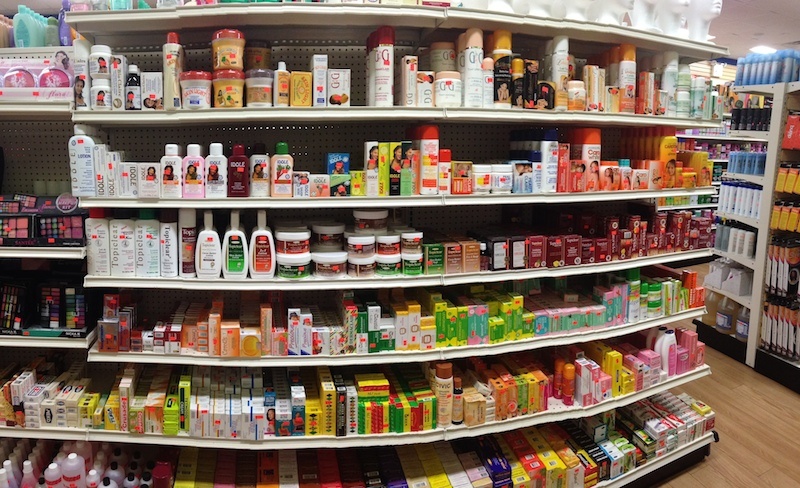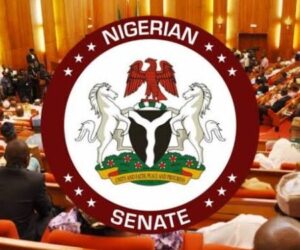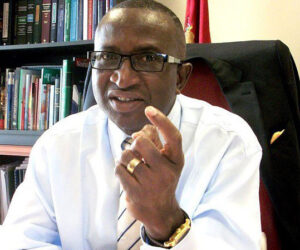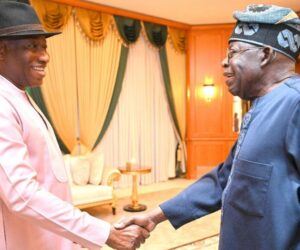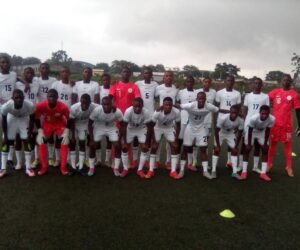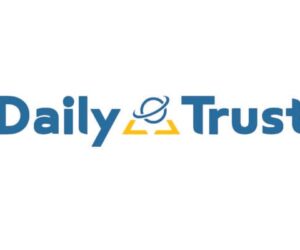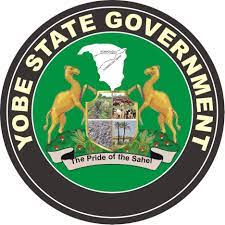Wuraola Ibitoye browses Instagram for imported serums, while Vivian Adeolu opts for Nigerian-made face washes and moisturizers – a contrast that captures the two sides of Nigeria’s beauty industry.
Nigeria’s skincare market is huge, estimated at N14 trillion, according to BusinessDay’s recent research report entitled, ‘Insight Survey Report: Consumer Trends in Nigeria’s Skincare & Beauty Industry.’
The report shows that imports still lead, but local brands are gaining ground in skincare, fragrances, makeup, and natural oils, offering affordability and a sense of cultural pride.
From Lagos to Ibadan, store shelves reflect this diversity, as consumers strike a balance between global prestige and home-grown credibility. Young Nigerians, in particular, are propelling the industry, investing in skincare, hair care, cosmetics, and fragrances. For some, beauty shopping signals status and experimentation. For others, it represents identity and accessibility. Together, these choices are reshaping what aspiration looks like in a fast-changing market.
Read also: Nivea channels skincare profits into cancer survivors’ recovery in Nigeria
Size of Nigeria’s beauty market
Nigeria’s beauty and personal care sector has quickly emerged as one of Africa’s fastest-growing markets. According to Statista, this sector – cosmetics, skincare, haircare, and fragrances – earned an estimated $8.36 billion (N7.3 trillion) in 2023. Out of this, cosmetics alone accounted for $1.64 billion, highlighting the strong demand for beauty products among Nigeria’s increasingly style-conscious urban population.
Between 2018 and 2023, the industry’s value nearly doubled, with a compound annual growth rate (CAGR) of seven percent – eight percent, despite economic disruptions during the pandemic in 2020 and ongoing inflationary pressures. The purchasing power of young city dwellers, the influence of social media celebrities, cultural trends that promote self-expression, and the rapid growth of e-commerce platforms have all contributed to accelerating expansion and transforming consumer behaviour.
Market projection
Looking ahead, the market is projected to grow at a significantly faster CAGR of 14.97 percent from 2024 to 2028, potentially reaching a total revenue of over $14 billion by 2030. This remarkable growth trend positions Nigeria not only as Africa’s largest consumer market but also as an emerging beauty hub on the continent, blending global ambitions with local innovation, creativity, and entrepreneurial spirit.

Who is buying?
Nigeria’s beauty and skincare market is primarily led by young adults, with those aged 25–34 making up nearly 60 percent of buyers. This group, who are tech-savvy and career-focused, influences product choices, purchase methods, and brand expectations. Women remain the primary consumers at 78 percent, but men are increasingly entering the market, particularly in grooming, skincare, and fragrances, a sign of shifting cultural views on male beauty, according to the BusinessDay survey.
Spending patterns reveal strong middle-class participation. More than half of respondents spend N10,000–N50,000 monthly, showing a demand for ‘affordable luxury.’ This balance of aspiration and cost-sensitivity highlights a clear sweet spot for brands. Most consumers are hybrid buyers, with 65 percent mixing local and imported products. While international brands still hold trust, Nigerian labels are being adopted where quality and credibility are proven.

Market-defining trends
The survey findings confirm that skincare component is the leading product category, with 69 percent of respondents prioritising creams, serums, and treatments. Fragrances rank next, reflecting Nigeria’s cultural emphasis on scent and presentation, while haircare and men’s grooming lag behind but remain significant.
Social media is the key driver of product discovery. Seventy-two percent of respondents learn about products via Instagram, YouTube, or TikTok. As one respondent explained: “I follow reviews online, and if a product trends, I’m more likely to try it.” For younger buyers, validation from digital communities outweighs traditional advertising.
Male grooming continues to evolve. Beard care, in particular, has become a visible marker of identity. Most men groom weekly, often guided by barbers as trusted advisors. While grooming is acknowledged as ‘important’ or ‘very important,’ product usage is modest. The majority spend N5,000–N10,000 monthly, with only a small premium group exceeding N20,000. One respondent shared: “I spend about ₦20,000 a month on beard oils and conditioners because grooming is part of my identity. For me, it’s not just about looking neat, it’s part of my daily style and look.” The preference for natural and organic ingredients shows wellness-driven consumption is influencing men as much as women.
Read also: The business inside Nigeria’s fast-Growing skincare industry: How to tap
Dark side of beauty
Despite enthusiasm, challenges persist. Counterfeits were flagged by 67 percent of respondents as the biggest concern. Beyond undermining trust, fake products expose users to health risks and discourage them from trying new brands. One consumer explained: “Sometimes, when in the open market, you can’t tell if what you’re buying is original or fake, and that makes me hesitant to spend too much.”
Affordability is another major barrier. Nearly half of respondents cited rising prices, driven by foreign exchange (FX) volatility that inflates the cost of imported products. As one noted: “Prices keep going up, and creams I used to buy are now almost double.” Loyalty remains fragile. A striking 89 percent of consumers say they will immediately switch brands if dissatisfied. In such a competitive landscape, consistency, authenticity, and safety matter as much as visibility and marketing.
Nigeria’s skin care, beauty stores
For many retailers in Lagos and Ibadan, the beauty business is more than commerce; it’s a calling shaped by passion and persistence. “I started little, telling people what to use to look good and selling to them. Many years later, it has become a family business,” said the owner of a 41-year-old skin care business in Ibadan. Another explained, “It’s what my mother did, so I grew up in it. My vision is to make my skin care business a household name across Nigeria.”
Demand is also shifting, shaping how these entrepreneurs operate. In both cities, skincare is overtaking makeup as the primary driver of growth, with an increasing number of customers, including men, purchasing creams, serums, and grooming products. “Skincare is now a daily use, while makeup is occasional. That’s where we see sales moving,” a Lagos store owner observed. Yet brand preference remains a hurdle. “Customers want foreign products because of trust, even when Nigerian brands are improving,” an Ibadan retailer explained.
It is this same demand for trusted, science-backed skincare that has created space for medical aesthetics clinics.
According to Omolade Olatawura, chief operating officer of Laserdem Clinics, a leading skincare and aesthetics company with branches in Nigeria and Ghana, the clinic’s nearly 15-year journey was built on filling that very gap. “For years, Nigerians travelled overseas for safe, advanced skincare, exposing a clear need in the local market. Our response was to build a team of globally trained doctors, nurses, and aestheticians, and to use clinically tested products that meet international standards,” she explained. Today, skin clinics like Laserdem reflect the same forces driving retail growth: a youthful, image-conscious population, lifestyle shifts, and rising incomes that drive greater investment in skin health and beauty.
Outlook: Industry at a crossroads
Nigeria’s beauty and skincare industry is growing rapidly, driven by young, digital-first consumers who view grooming as a means of expressing their identity. Yet, counterfeits, affordability pressures, and trust gaps pose a threat to stability. Opportunities lie in building trust through QR codes and education, targeting the ‘affordable luxury’ band, and scaling organic brands with indigenous ingredients. Digital discovery and influencer marketing are essential, while male grooming remains under-tapped. Local brands like Zaron, ORÍKÌ, Arami Essentials, and Dang must compete on both quality and visibility. As one respondent put it: “We all want to look good, but it has to be safe and worth the money.’’

